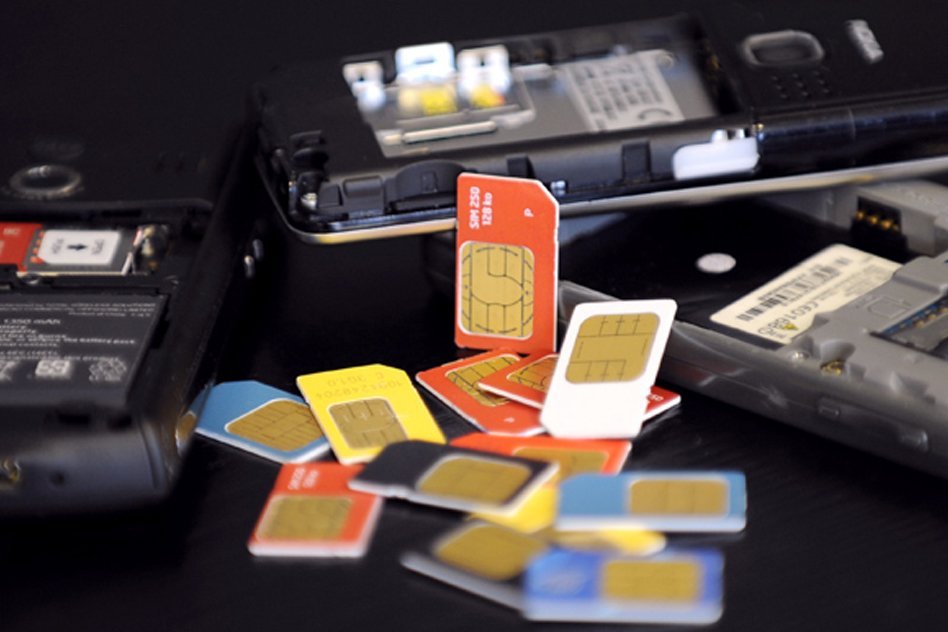Lucknow — A recent investigation by India’s Department of Telecommunications has uncovered a troubling trend: more than 6.1 million mobile numbers have been shut down nationwide in just three months, with eastern Uttar Pradesh accounting for the largest share of fraudulent SIM cards.
Officials say the discovery raises questions not only about the integrity of India’s vast telecom system but also about its vulnerability to cybercrime, financial fraud, and national security risks.
According to the department’s report, nearly 3.2 million fake SIM cards were traced to western Uttar Pradesh, while another 1.6 million came from the eastern part of the state. Investigators believe these fraudulent connections are often linked to online scams, phishing calls, and digital fraud networks.
A Digital Safety Net for Consumers
In response to the rising threat, the Department of Telecommunications has launched a citizen-focused digital platform — the Sanchar Saathi portal (sancharsaathi.gov.in) and a mobile app.
FutureCrime Summit 2026: Registrations to Open Soon for India’s Biggest Cybercrime Conference
Through the service, consumers can now identify all mobile numbers registered under their names. By logging into the portal and selecting the “Know My Mobile Connections” feature under the Citizen Centric Services section, users can view a list of active numbers tied to their identity and report those they do not recognize.
Officials say the initiative is designed to empower citizens to monitor their digital footprint and prevent the misuse of their identity.
New Checks on Multiple SIM Holders
The crackdown has also revealed a startling pattern: thousands of individuals were found holding more than nine SIM cards each.
Authorities have ordered that such cases undergo immediate verification. If the verification is not completed, the extra numbers will be deactivated. The measure, they argue, is aimed at dismantling criminal networks and fraudulent rings that exploit fake identity documents to acquire SIM cards at scale.
Experts Warn of Larger Threats
Cybersecurity experts warn that fake SIM cards are not a minor irregularity but part of a larger ecosystem of digital crime. They serve as enablers for scams, financial fraud, and even networks that threaten internal security.
Professor Triveni Singh, a noted cybercrime expert and former IPS officer, explains:
“SIM card fraud is not merely a local problem. It is a threat that cuts across personal financial safety and national security alike. Unless identity verification systems are made foolproof and strictly enforced, the risk will continue to grow.”
His remarks underscore the growing unease among security professionals, who see fraudulent telecom identities as a soft entry point for organized crime and cross-border digital threats.
A Warning for Citizens
For ordinary citizens, the findings carry a sobering message. The mobile number you no longer use — or never even knew existed — could be registered in your name and exploited for criminal activities.
For the first time, the government’s new portal offers individuals the ability to reclaim control over their digital identity. By actively checking and reporting unused numbers, citizens can help curb the misuse of telecom infrastructure.
How to Check and Report Fraudulent Numbers
Visit the Sanchar Saathi portal — sancharsaathi.gov.in
1. Go to the Citizen Centric Services section.
2. Select “Know My Mobile Connections.”
3. Enter your 10-digit mobile number and the displayed captcha code.
4. Verify using the OTP sent to your phone.
5. A list of all active connections under your name will appear.
6. Flag and report the numbers you do not use, so they can be disconnected.
The Road Ahead
The revelation from eastern Uttar Pradesh is not an isolated concern — it is a reflection of systemic vulnerabilities across India’s telecom sector. While the government’s initiative represents a meaningful step toward greater security, its success will ultimately depend on how actively citizens participate in monitoring and safeguarding their digital identities.
In the age of widespread digital crime, a single fake SIM card can entangle an unsuspecting individual in a web of fraud — a reminder that in the digital era, security is as much a personal responsibility as it is a state mandate.


